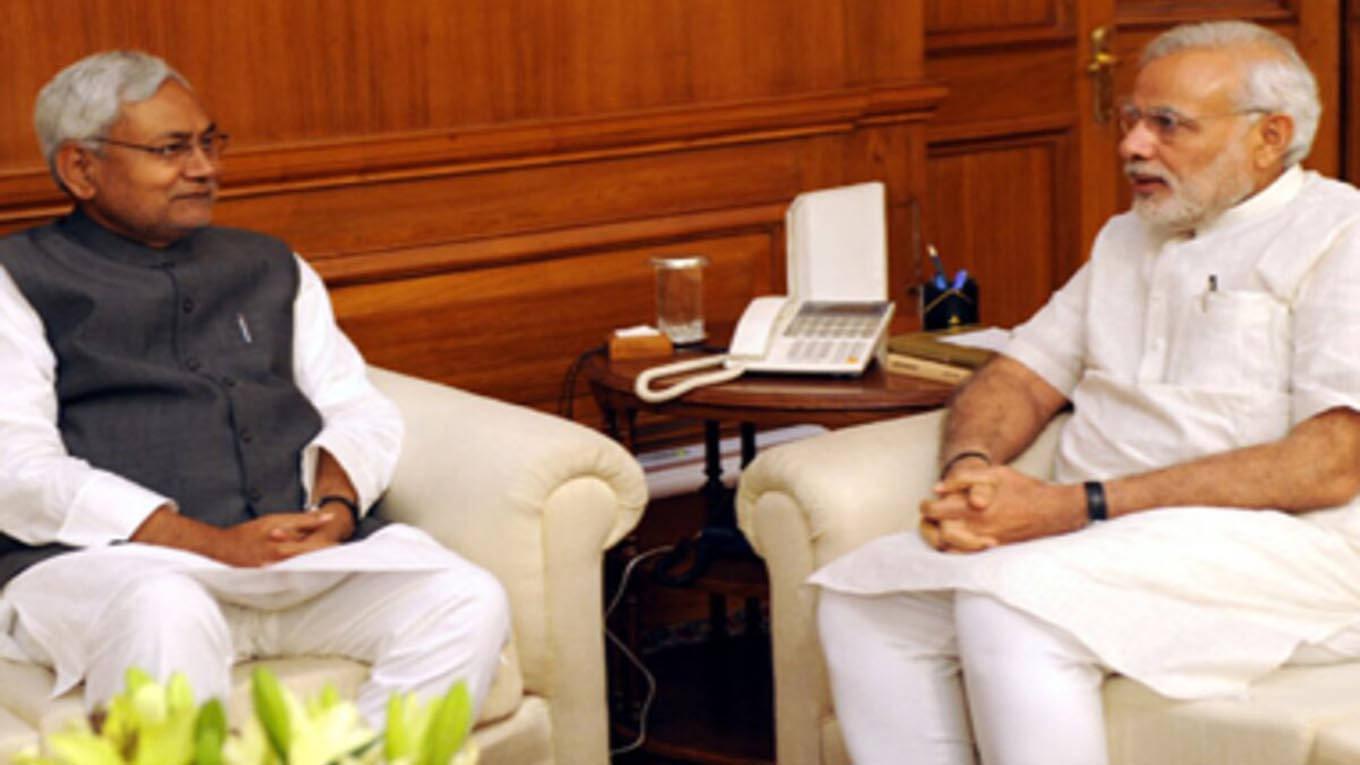The slender victory of the National Democratic Alliance (NDA) in the Bihar assembly election, in the face of a fierce challenge by the young Tejashwi Yadav, has propelled Nitish Kumar into a fourth straight term as chief minister – a feat unparalleled in North India in recent times. But, he will have to negotiate a tricky political terrain in the coming months and years. For one thing, he will now be at the mercy of a stronger Bharatiya Janata Party, which has displaced the Janata Dal (United) as the bigger party within the ruling coalition. If the principle of proportional representation in the state cabinet is followed, then the BJP should get more – and perhaps weightier – portfolios. Besides, the Hindustani Awam Morcha (Secular) and the Vikassheel Insaan Party, with four seats each, are both critical for the alliance to maintain a comfortable margin in the 243-strong assembly. They too shall demand their pounds of flesh. The initial success of Kumar in Bihar politics came from his ability to aggregate disparate communities on a promise of enhanced social justice and good governance. But he is now politically diminished. Will that rob him of his aura and affect his administrative ability? While his moves will be closely watched and dissected, perhaps even compared with his performance in the past, the new government’s agenda will also be driven by the BJP. As the victory of the NDA is considerably an outcome of the popularity of Prime Minister Narendra Modi in the state and the BJP’s election engineering, the victory flips the equation between Modi and Kumar. This brings a new dynamic to the alliance, and consequently governance in Bihar. The BJP, in its manifesto, had reacted to Tejashwi Yadav’s promise of 1 million government jobs and upstaged it to 1.9 million jobs generated in five years, if it came to power. This included the appointment of 300,000 teachers within the next year in schools and higher education institutions and 100,000 jobs in the health sector. Another promise was free distribution of vaccine against Covid-19, once it is approved by the Indian Council of Medical Research. The announcement led to a storm of criticism of the BJP over social media by Opposition leaders, who felt that promising free vaccines as an election promise during a pandemic was morally questionable. The BJP later clarified that, like all programmes, the Centre will provide vaccines to states at a nominal rate. It is for state governments to decide if they want to give it free or otherwise. Health being a state subject, Bihar BJP has decided to give it free. The Opposition is sure to hold the BJP to account on these promises.
-

Modi with Nitish: a new dynamic to the alliance; Photo: PIB

































